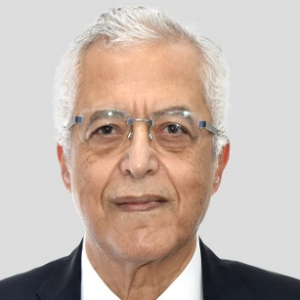Models of Regeneration
Tissue regeneration refers to the partial regeneration of an organism's tissue that has been injured by external stimuli. It grows the same structure and function as the missing portion based on the remaining part. Tissue regeneration is the term for this type of repair. Epithelial tissue regeneration, fibrous tissue regeneration, cartilage tissue and bone tissue regeneration, blood vessel regeneration, muscle tissue regeneration, and nerve tissue regeneration are all examples of tissue regeneration. Tissue regeneration is projected to be employed in the treatment of many damaged diseases in tissues as a hot topic in clinical research, however the specific process has to be investigated further. The fact that differentiated tissues cannot be dedifferentiated and re-entered into the cell cycle for proliferation is thought to be the reason why mammals cannot undertake progressive regeneration. The primary purpose of tissue regeneration research is to gain knowledge that will help to expand the field of regenerative medicine. Evidence to encourage stem cell activity, structural engineering of improved scaffolds, or direct start of biologic regeneration programs are all examples of this knowledge. Scientists have already figured out how to manipulate and influence critical events in regeneration for medicinal purposes.

Nagy Habib
Imperial College London, United Kingdom
Lucie Bacakova
Institute of Physiology of the Czech Academy of Sciences, Czech Republic



Title : AI-integrated high-throughput tissue-chip for space-based biomanufacturing applications
Kunal Mitra, Florida Tech, United States
Title : Stem cell technologies to integrate biodesign related tissue engineering within the frame of cell based regenerative medicine: towards the preventive therapeutic and rehabilitative resources and benefits
Sergey Suchkov, N.D. Zelinskii Institute for Organic Chemistry of the Russian Academy of Sciences, Russian Federation
Title : In vitro evaluation of lyophilized Dedifferentiated Fat cells (DFAT) impregnated artificial dermis
Kazutaka Soejima, Nihon University, School of Medicine, Japan
Title :
Nagy Habib, Imperial College London, United Kingdom
Title :
Alexander Seifalian, Nanotechnology & Regenerative Medicine Commercialisation Centre, United Kingdom
Title : The regenerative medicine of the future
Marco Polettini, DVM, Italy